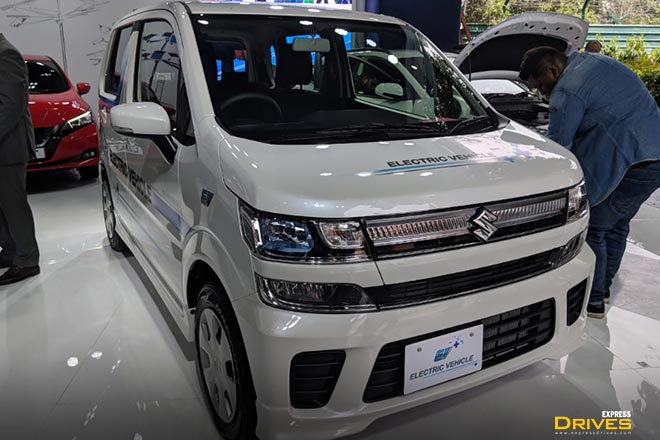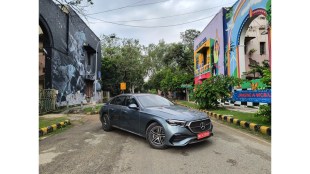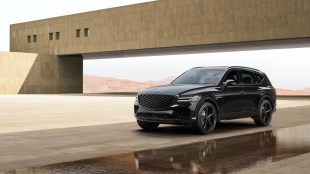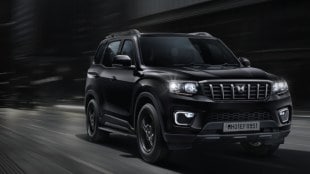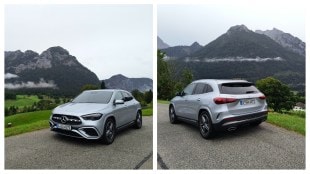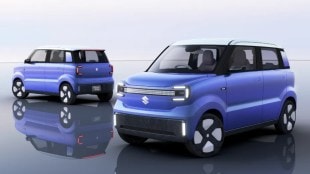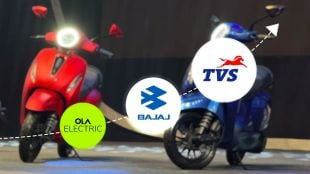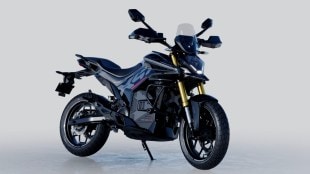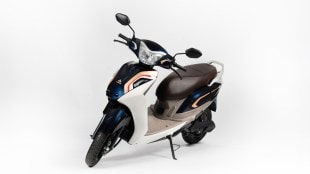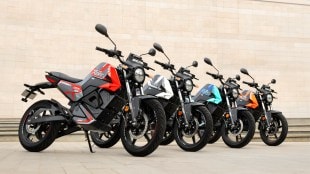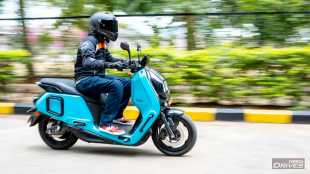
Nearly a dozen electric cars will hit the roads next year, mainly in the hatchback and compact SUV segments, with several manufacturers planning to test the waters and identify the potential customer base, even as demand remains extremely low. Experts believe the move is to showcase technological strength and be ahead of the demand while trying to have a first mover advantage. Besides, the vehicles can primarily target corporate houses and for other commercial application, as private consumers are still apprehensive of spending on e-cars. Maruti Suzuki will launch its first e-car based on the WagonR, around 50 prototypes of which are being tested currently. The model, based on the WagonR sold in Japan currently, is expected to have a range of 120 km.
Mahindra & Mahindra (M&M), which could not create a buzz with its existing EV Verito due to poor quality and mileage, will launch three e-cars — the e-KUV100, XUV300 EV and the Aspire EV based on the Ford Aspire. The Aspire EV will be the first product to be co-developed under the partnership with Ford, with a targeted range of 150 km. The other two are likely to have a range of 120 km and 300 km, respectively. Mahindra Electric CEO Mahesh Babu said the focus will remain on catering to fleet operators in various shared mobility platforms, which is in line with the government’s FAME scheme.
“The next decade will see EVs becoming mainstream and with a robust charging infrastructure coming in place, I am sure this will accelerate the adoption of EVs in the personal segment as well,” Babu told FE. Tata Motors, which faced similar issues like Mahindra with its e-car Tigor, is readying the electric version of its latest hatchback Altroz and compact SUV Nexon. Both the cars are expected to have a range in upwards to 250 km per charge. New entrant MG Motor, which unveiled its electric car eZS, is planning to launch it in January, with a range of 260 km. Other launches include the Audi e-Tron, Jaguar I-Pace and Volvo XC40 EV.
Interestingly, the vehicle launches will be happening at a time when they account for less than 0.5% of the total cars sold annually, with lack of charging stations, high prices and poor range being the main deterrent. As per data shared by the Society of Manufacturers of Electric Vehicles (SMEV), only 3,600 electric cars were sold in FY19 against a total of 31.6 lakh cars sold during the fiscal. VG Ramakrishnan, managing partner, Avanteum Advisors LLP, said the manufacturers want to show that they have the technology and are ready. “Moreover, the launches are to give a message to the policy makers, who have been time and again pushing for environment friendly mobility solutions,”Ramakrishnan said.
Electric cars are costlier by an estimated 30% compared to the conventional cars as batteries and lithium ion cells — a major component of the battery — is imported by all the manufacturers, making the vehicle costlier than the global standards. Batteries account for over 40% of the total vehicle cost. Moreover, lack of enough charging stations has been a roadblock for many years. The economic survey of 2018-19 show there are around 650 charging stations across the country, significantly less than over 3 lakh points in China.
Analysts said only corporate houses and fleet owners can prefer them as the charging points will be installed by the manufacturers at their premises, which is likely to take care of the range anxiety. So far, Mahindra and Tata Motors sell electric cars to commercial players and government departments, while Hyundai has premium electric car Kona for personal buyers, priced at around Rs. 24 lakh. The high price of the Kona has kept consumers on the back foot with less than 250 units sold since July. Tata’s Tigor and Mahindra’s e-Verito are priced at around Rs. 11 lakh.
